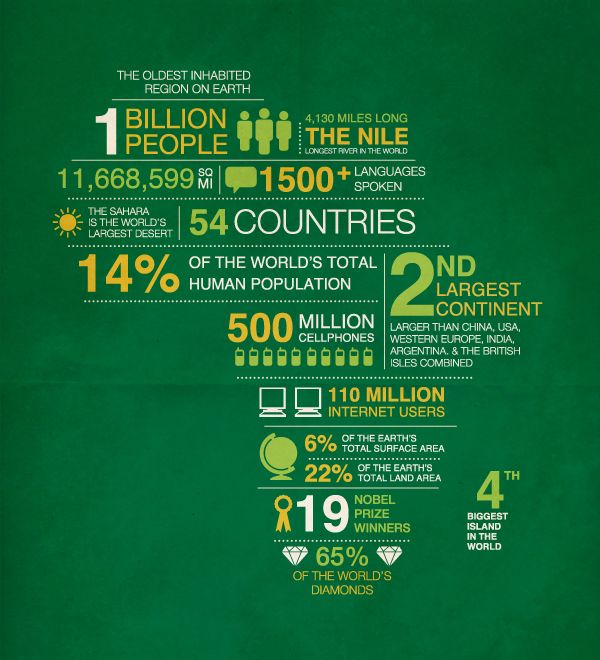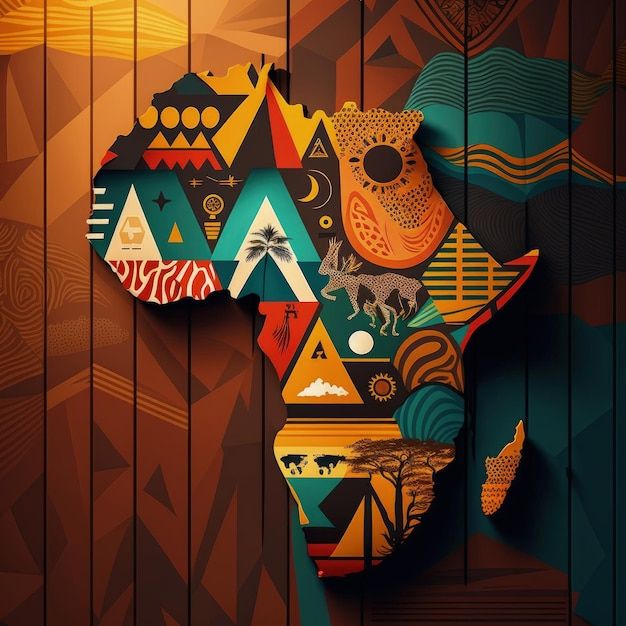African Heritage
Africa’s rich cultural heritage is a largely untapped goldmine—both by locals and diasporans, and even more so by creative entrepreneurs and global investors. For decades, African culture has been treated as an occasional indulgence—something to be referenced during traditional ceremonies, rites of passage, dowry negotiations, or national cultural days. Only a few communities, like the Maasai, have maintained cultural practices as part of their everyday life.
Cultural Awakening
The dominance of Western influence—seen in fashion, architecture, music, film, and even food—created a default standard that many Africans adopted. Yet, a powerful wave of cultural awakening is rising. A new generation of Africans is turning inward, reconnecting with their roots, and reimagining how culture can inform modern expression and innovation.
Africa’s strength lies in its diversity—thousands of communities, each with their own language, customs, stories, and creative expressions. With over 70% of the continent’s population under the age of 30, Africa is brimming with creative potential. This youthful force is not only tech-savvy and visionary but increasingly inspired by cultural identity, authenticity, and storytelling.
The Creative and Cultural Industry (CCI) encompasses a broad spectrum: visual arts, crafts, fashion, festivals, music, performance arts, literature, publishing, architecture, design, and even traditional culinary practices. These elements are shaping a modern African identity—evident in the global rise of Afrobeat and Amapiano, the embrace of natural hair and indigenous fashion, and the return to organic, minimally processed foods. Art galleries and theatres are filling up with Africans eager to consume content that reflects who they are.
At home, the rising middle class is becoming a key driver of demand for cultural products. Regionally and globally, African culture is gaining momentum. The creative economy is not just about aesthetics—it’s a strategic economic sector with the power to diversify economies, create employment, drive inclusive growth, and enhance Africa’s global presence.
The Untapped Power of the Creative and Cultural Industry

Africa’s creative sector is worth approximately US$58.4 billion, contributing around 2.9% to the global creative economy. It generates over US$4.2 billion annually, growing faster than many other sectors across the continent (CrossBoundary, 2024). However, its full potential remains underleveraged. The Africa Export-Import Bank notes that with strategic investment, the sector could generate up to US$20 billion in annual revenues and create over 20 million jobs, according to projections by UNESCO.
Signs of this momentum are already visible. International companies like Netflix and Universal Music Group are expanding their operations in Africa. Diasporic and global investors are funding local media and entertainment ventures. Cultural festivals such as Detty December (Nigeria), Lamu Festival (Kenya), Afrofuture (Ghana), and Nyege Nyege (Uganda) are drawing international audiences and contributing significantly to national revenues. For example, Detty December alone brought in $71.6 million in state revenue in 2024.
African Countries Highlights: Culture as an Export Power
- Nigeria’s music industry earns over US$150 million annually, making it the country’s largest export sector after oil and gas.
- Mozambique’s publishing industry led creative exports with over US$3 million in 2008.
- Rwanda’s creative exports totaled US$1.28 million in 2014.
- South Africa exported US$316.46 million worth of creative goods (2022).
- Kenya’s cultural exports represent 2.77% of national exports (UNESCO, 2024).
- Morocco, a growing craft export leader, shipped US$76.6 million worth of handmade goods in 2021.
These figures show that Africa’s cultural capital is more than symbolic—it is economically viable and globally competitive.
How Creative Entrepreneurs Can Tap In:
If culture is the goldmine, then creatives are the miners. African artists, designers, writers, musicians, and storytellers must own the narrative—not just by creating, but by building sustainable brands around their craft. Here’s how:
- Leverage Social Media: Digital platforms are Africa’s global stage. Use them for brand visibility, storytelling, and connecting with local and international audiences.
- E-Commerce Integration: Platforms like Ananse are simplifying logistics and payments for African creatives, connecting designers to consumers across the globe.
- Participate in Industry Events: Trade expos, cultural festivals, and creative conferences help boost exposure, attract investors, and open new markets.
- Build Strategic Partnerships: Collaborate with diasporan networks, cultural institutions, and local stakeholders to access new opportunities and resources.
- Upskill and Protect Your Work: Learn about intellectual property rights, copyright law, and digital tools that can protect and amplify your brand.
- Diversify Funding Models: Look beyond sales—explore crowdfunding, sponsorships, grants, and partnerships to scale operations.
The Time Is Now
Africa’s creative and cultural sector is not just a trend—it is a movement. As an African creative, you are more than a producer of art; you are a custodian of heritage and a builder of the future. The world is watching, listening, and investing. Let us rise to meet the moment—not by imitating, but by innovating from the soul of who we are.
Own your narrative. Scale with culture. The continent is ready—and so are you.
If you’re a creative, artisan, founder, or visionary ready to scale your brand through the power of culture—you don’t have to do it alone. As an African Brand Strategist, I help ambitious creators like you craft brands that feel authentic, look world-class, and move with purpose.
Your story deserves to be seen. Contact me and let’s unlock your brand’s full potential.

Comments are closed